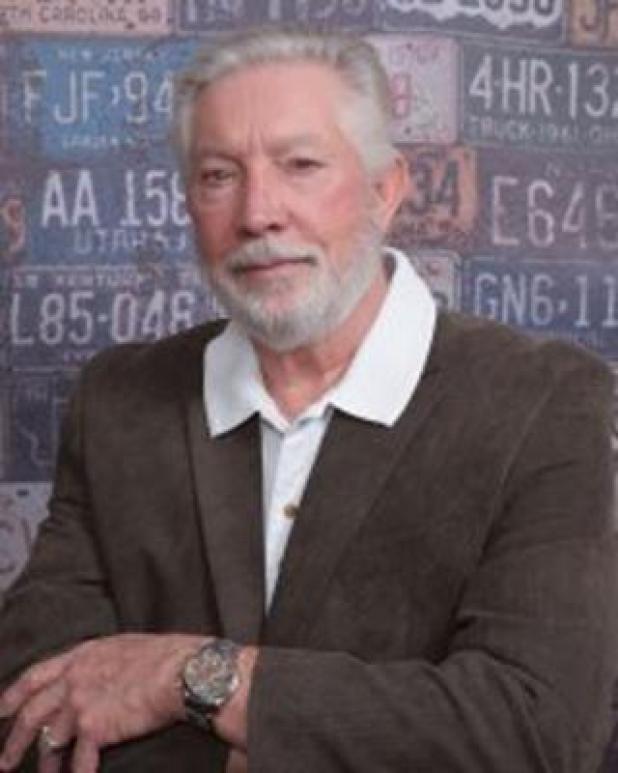
William Thibodeaux
The Cradle of Mankind
I recently read an interesting newspaper article sent to me from my friend, Robert “Bob” Broussard, an Abbeville native who now makes his home in Centerville, near Franklin, LA.
Although the dateline was not included, the article was written by Malcolm Ritter, an AP science writer. The piece was certainly an interesting one and well written. It stated that “all men can trace their male chromosomes to a single man that lived about 188,000 years ago”. The article reported that chromosomes are “passed only from father to son” and there are 24 chromosomes in the male body. It also reported that a “new study supports the idea that modern humans arose in one place, rather than evolving on more than one continent.” Michael Hammer, an assistant research scientist at the University of Arizona in Tucson, wrote the article in the Journal Nature. Hammer compared the Y chromosome of Africans from Australia, Japan, and Europe. He wanted to see the difference in DNA from each group. Hammer calculated “how long it would take for evolution to produce the diversity he found.” His result was reported above in Ritter’s news publication.
Hammer’s report also implied that “modern humans appeared around 100,000 years ago, a date that some dispute among scientists.” However, many agree with the 100,000 years ago in Africa. Other scientists think the number is correct but believe instead of only one location (Africa), they believe modern humans “arose in different parts of the world at different times.”
According to “Origins” written by Hubert Reeves, Loel De Rosnay, Yves Coppens, and Dominique Simonnet published in 1996 reported that humans originated from southeast Africa. The author reported that evolution began “somewhere between fourteen and fifteen billion years ago, according to the best estimates.” Man, and chimpanzees are “genetically very close: 99 percent of our genes are common to both species.” And no one opposes the Big Bang theory, which was “first proposed in the early 1930s.” The author of Origins also reported that this was especially true “after statements made by Pope Pius XII that science had rediscovered Fiat Lux, (Let there be light). Therefore, validating the Bible’s description of Creation.”
The author of Origins stated that from the time of the existence of humans, “early man migrated east and west into what is now the Americas and the Far East.” Each generation back then moved probably no more than 30 miles from their previous location. Origins also stated that those 30 miles for each generation was “enough to bring man from his African origins to Europe in no more than 15,000 years.” This migration apparently occurred eons ago before the continents were separated, thus allowing humans to journey to other lands.
It was reported by the author of Origins that Titus Lucretius, the Roman philosopher, determined that the universe was still in its early advancement. He determined that since his youth, he has noticed plenty of improvements in various areas. It is just as we have noticed improvements over the years with medicine, telecommunications, and automobiles to mention a few. Otherwise, there would be nothing new, nothing to change because it would have already been accomplished. We would be “living in a finished world.” The author of Origins reminded his readers that evolution is still ongoing. The author believes “our earthly civilization is in all likelihood only one among many.” He reasoned that the probable earth-like planets are perhaps just as intelligent, advanced, and knowledgeable as our earthlings here. These other planets might also be equipped with nuclear weapons. The author stated that a visit to these other intelligent planets would probably indicate one of two things. First, the planet might be “an arid planet, devoid of life, covered with the remains of radioactivity—in other words, a world where those who lived there failed to adapt.” The second might be a planet of greenery with “welcoming surfaces on those worlds where the inhabitants did adapt.” He asked the question, “Are we capable of coexisting with our own self-made power?” We are the responsible party. “It’s up to us to take whatever steps necessary to ensure that our planet not only survives but flourishes” was his reply.
